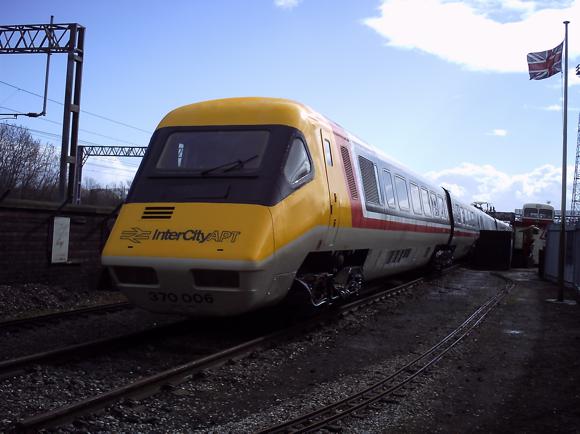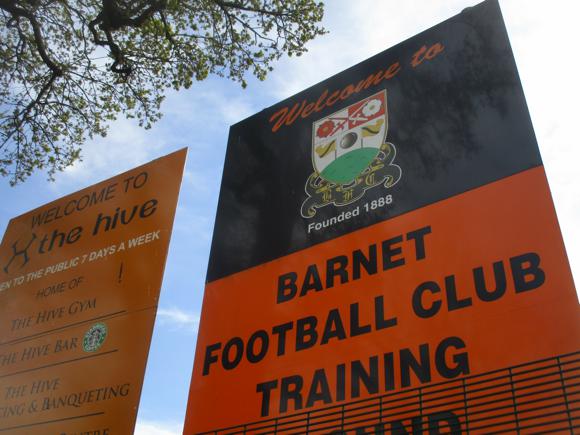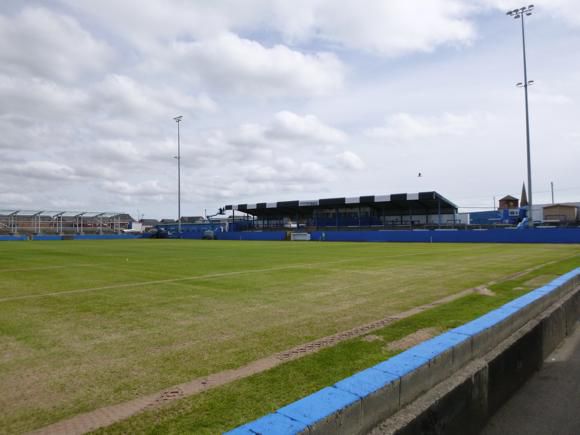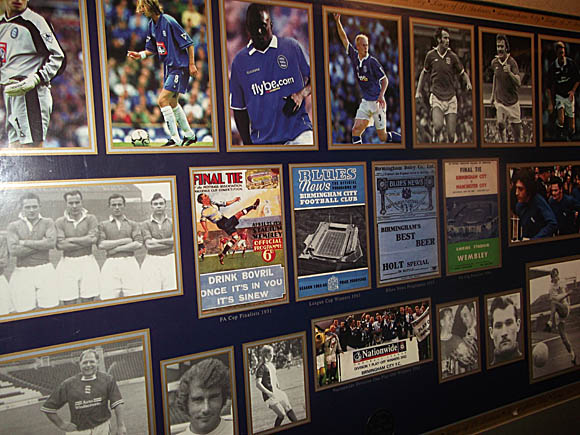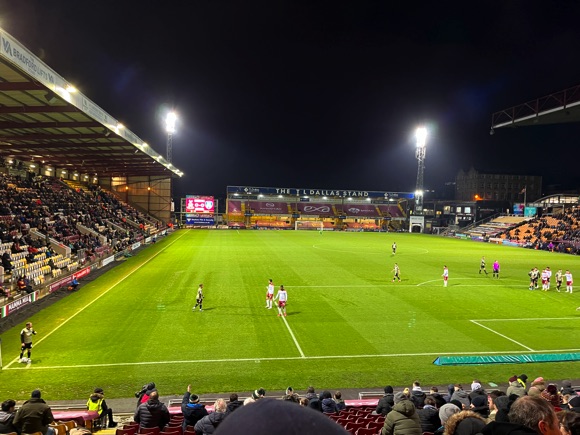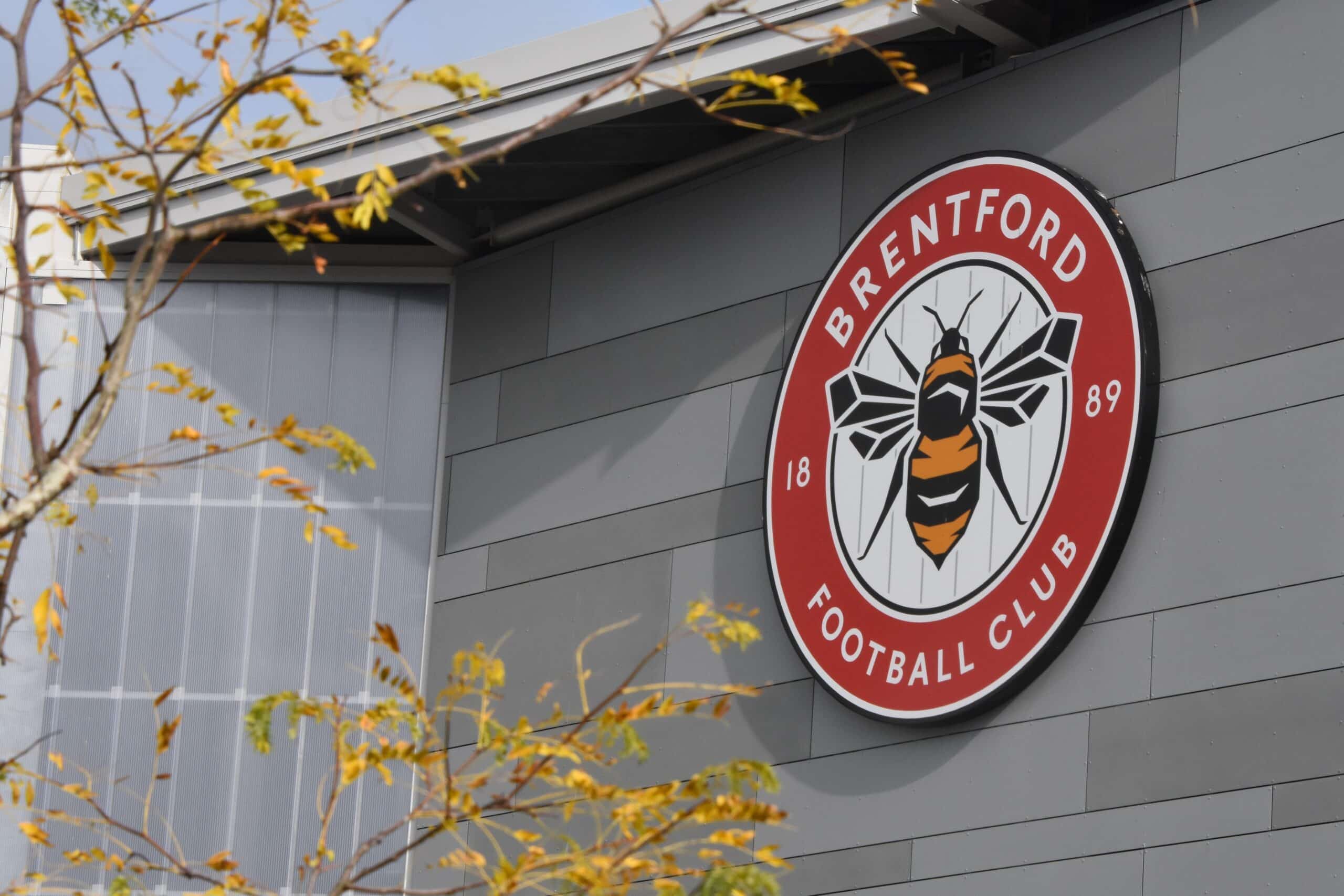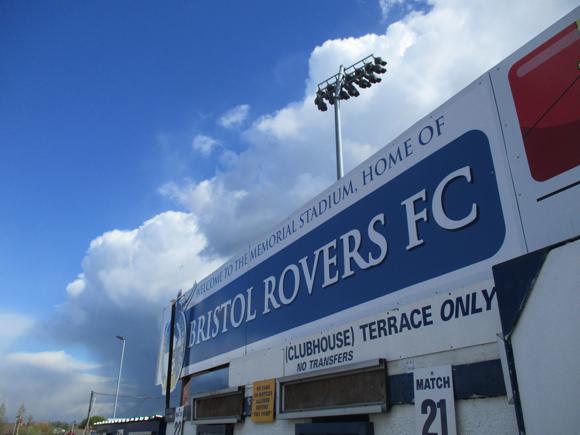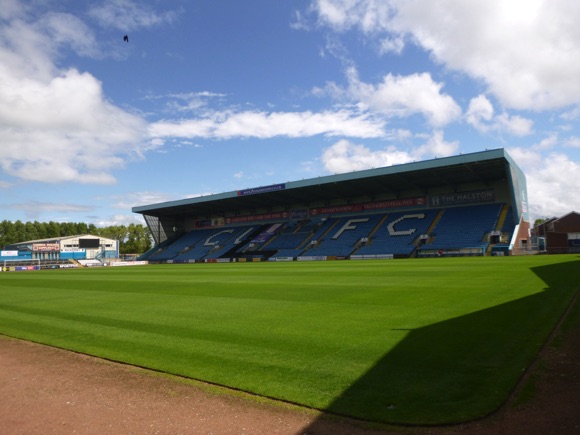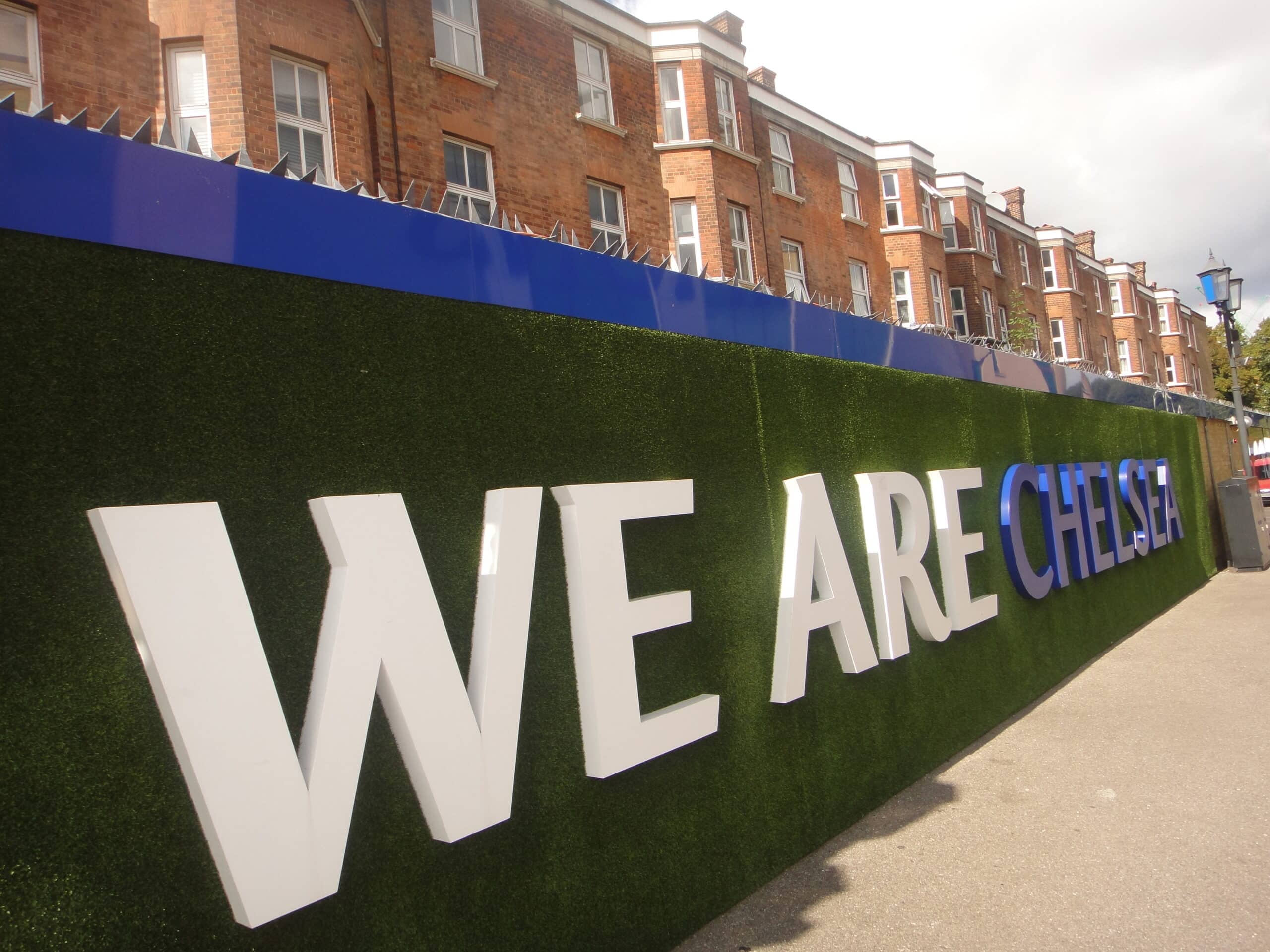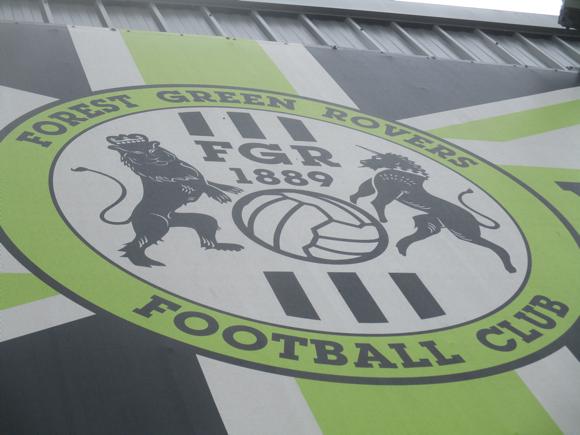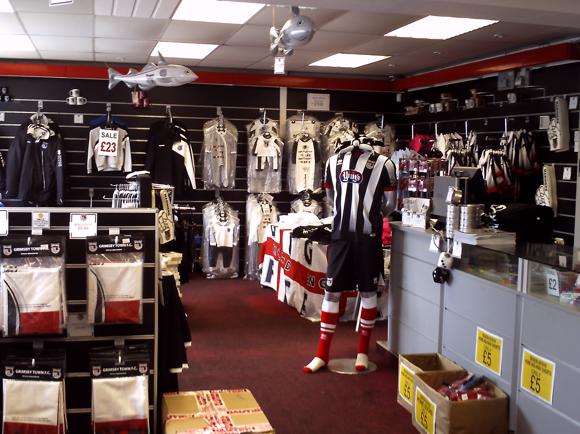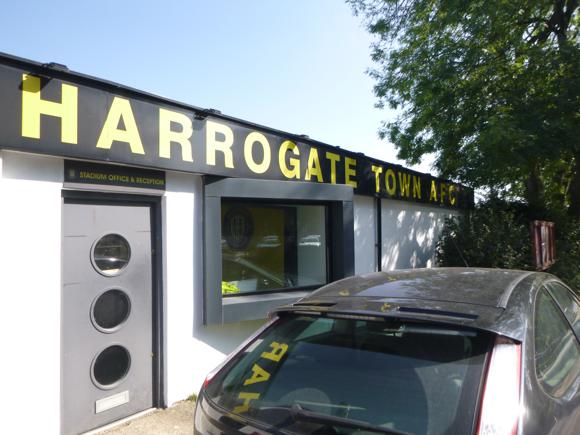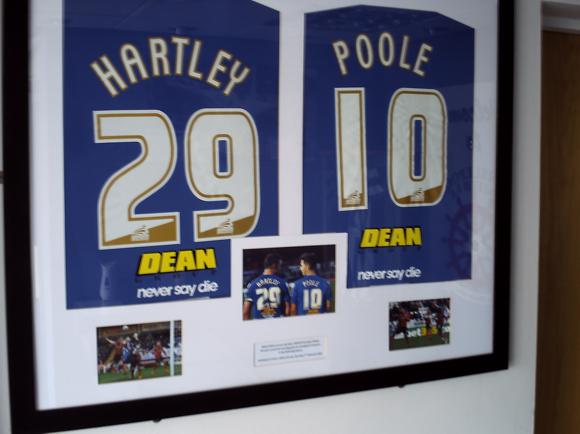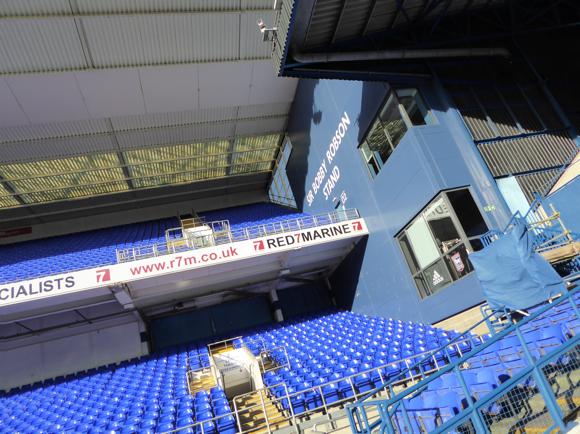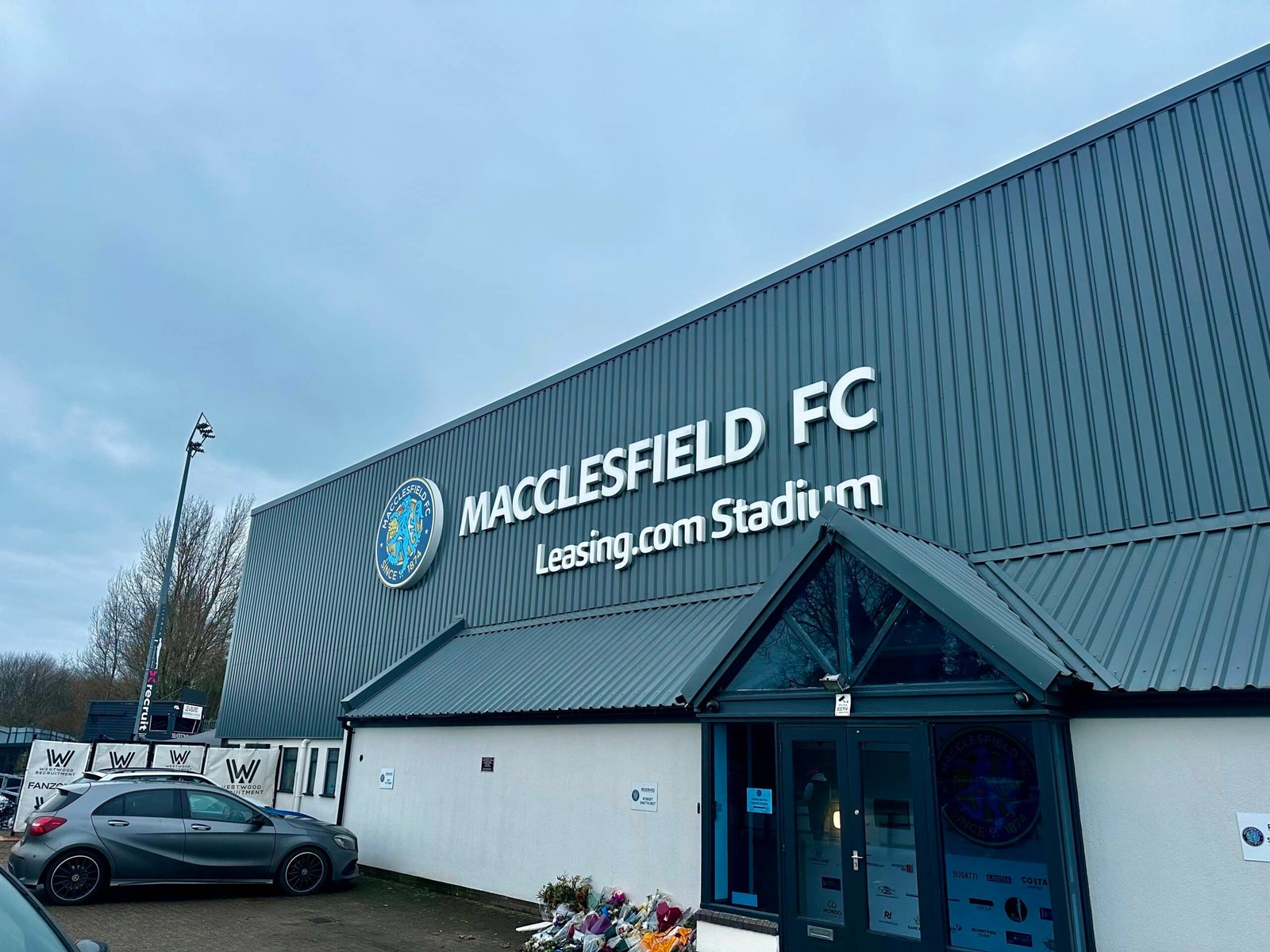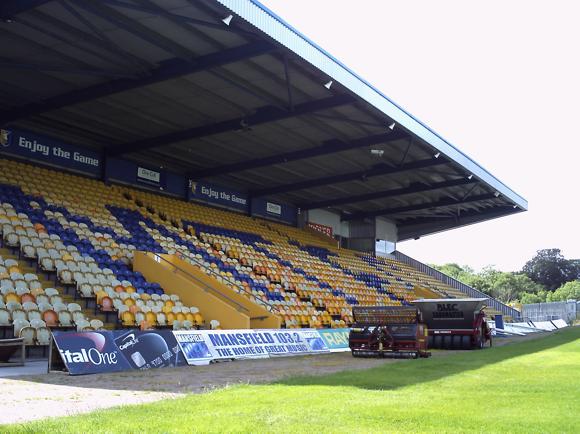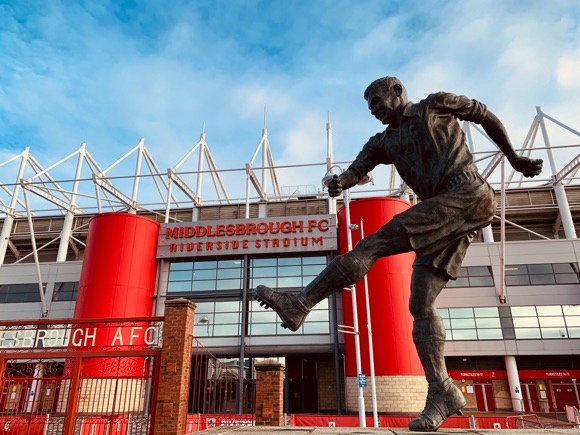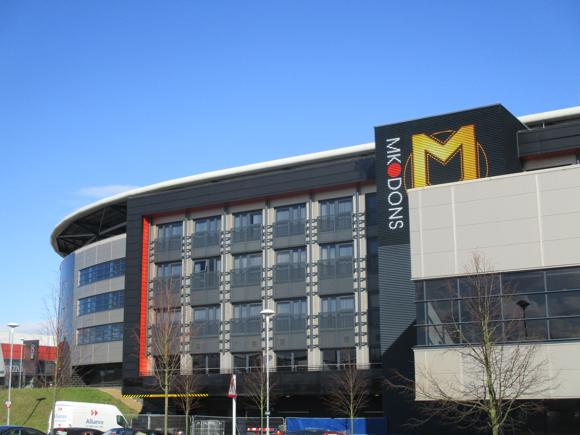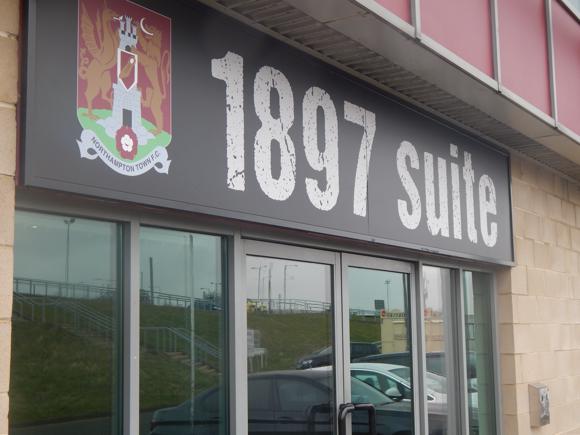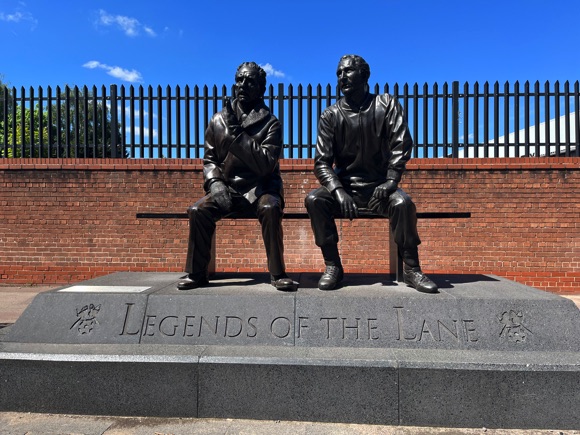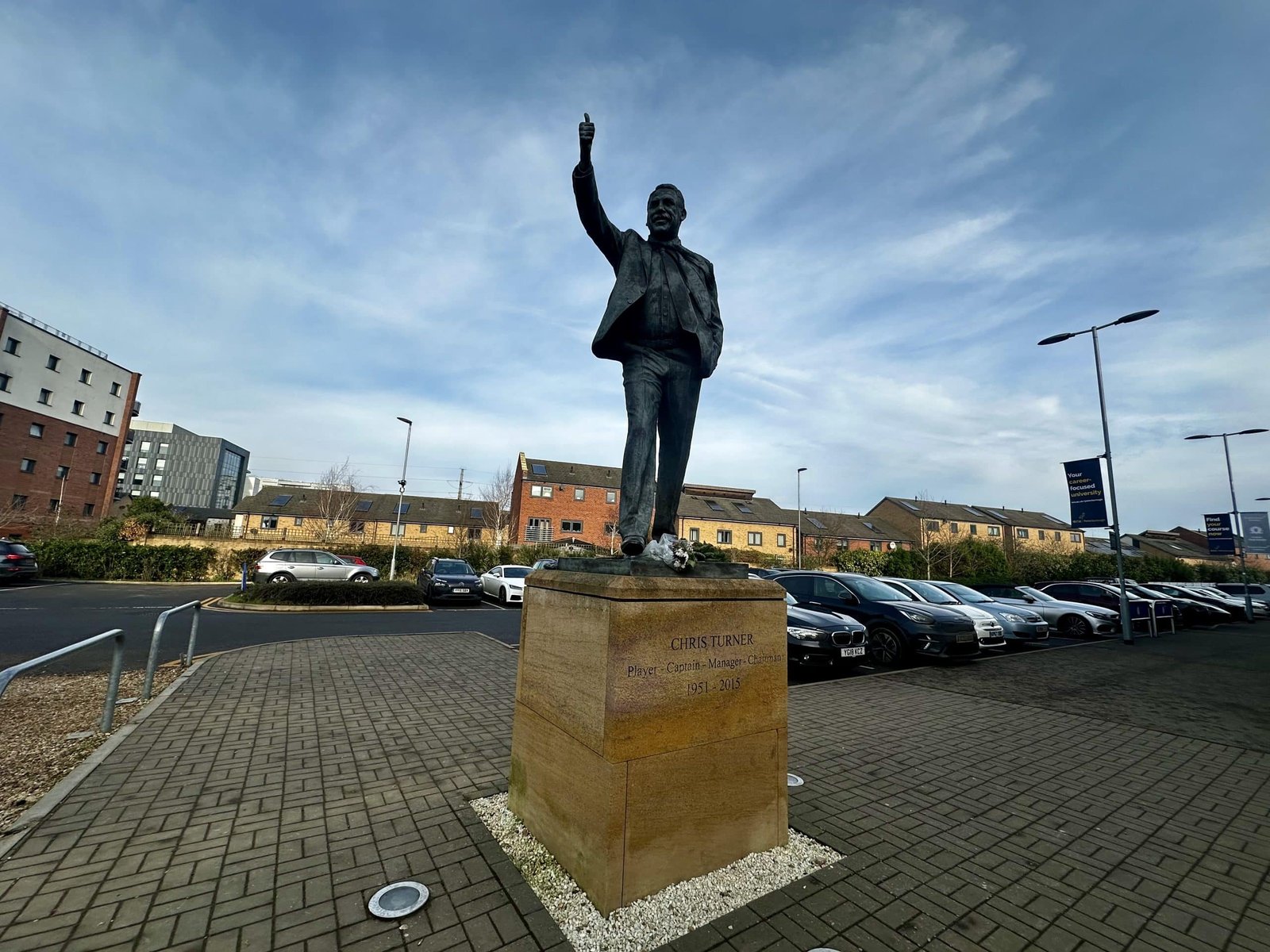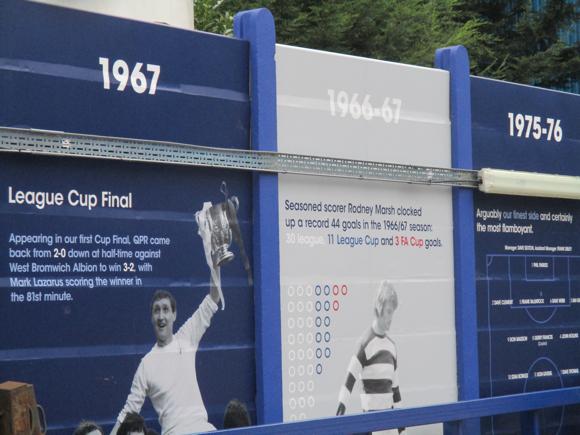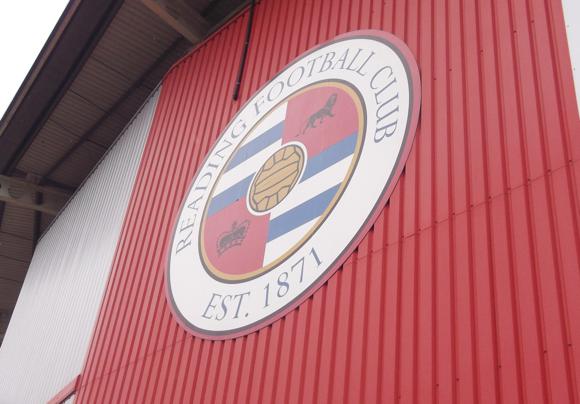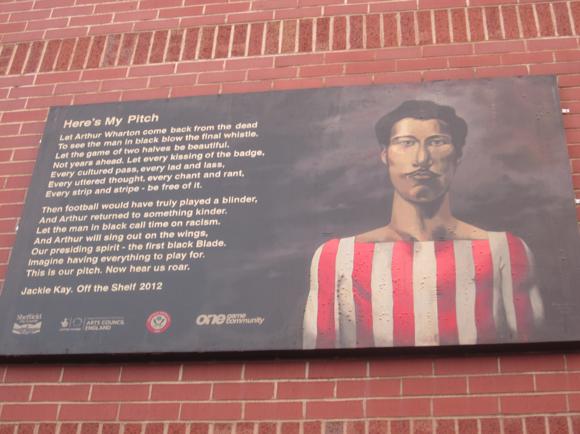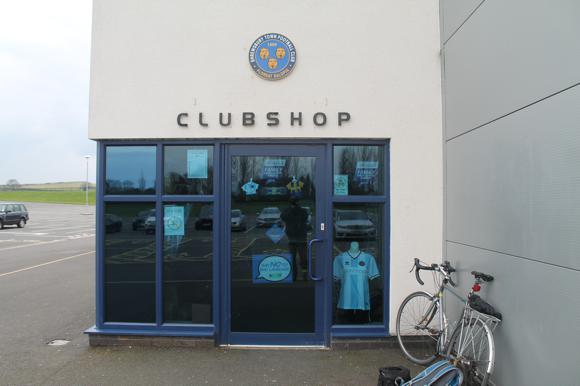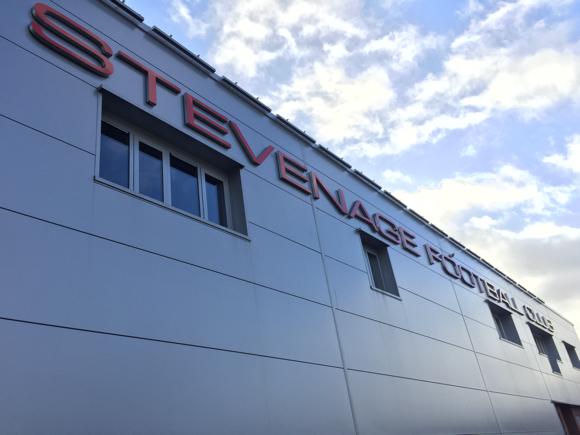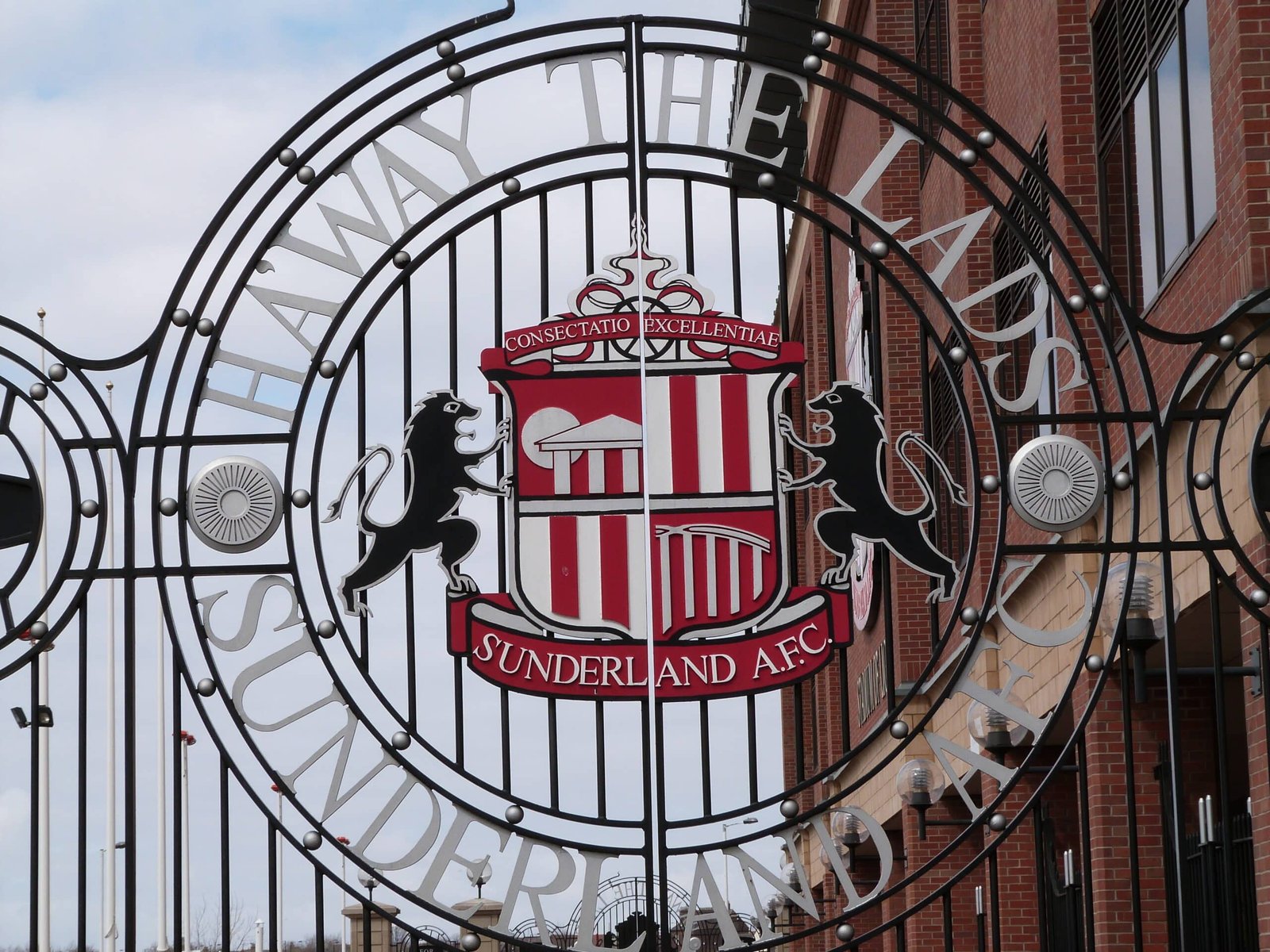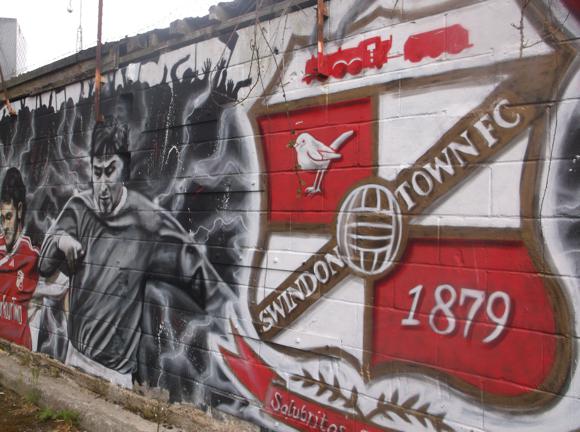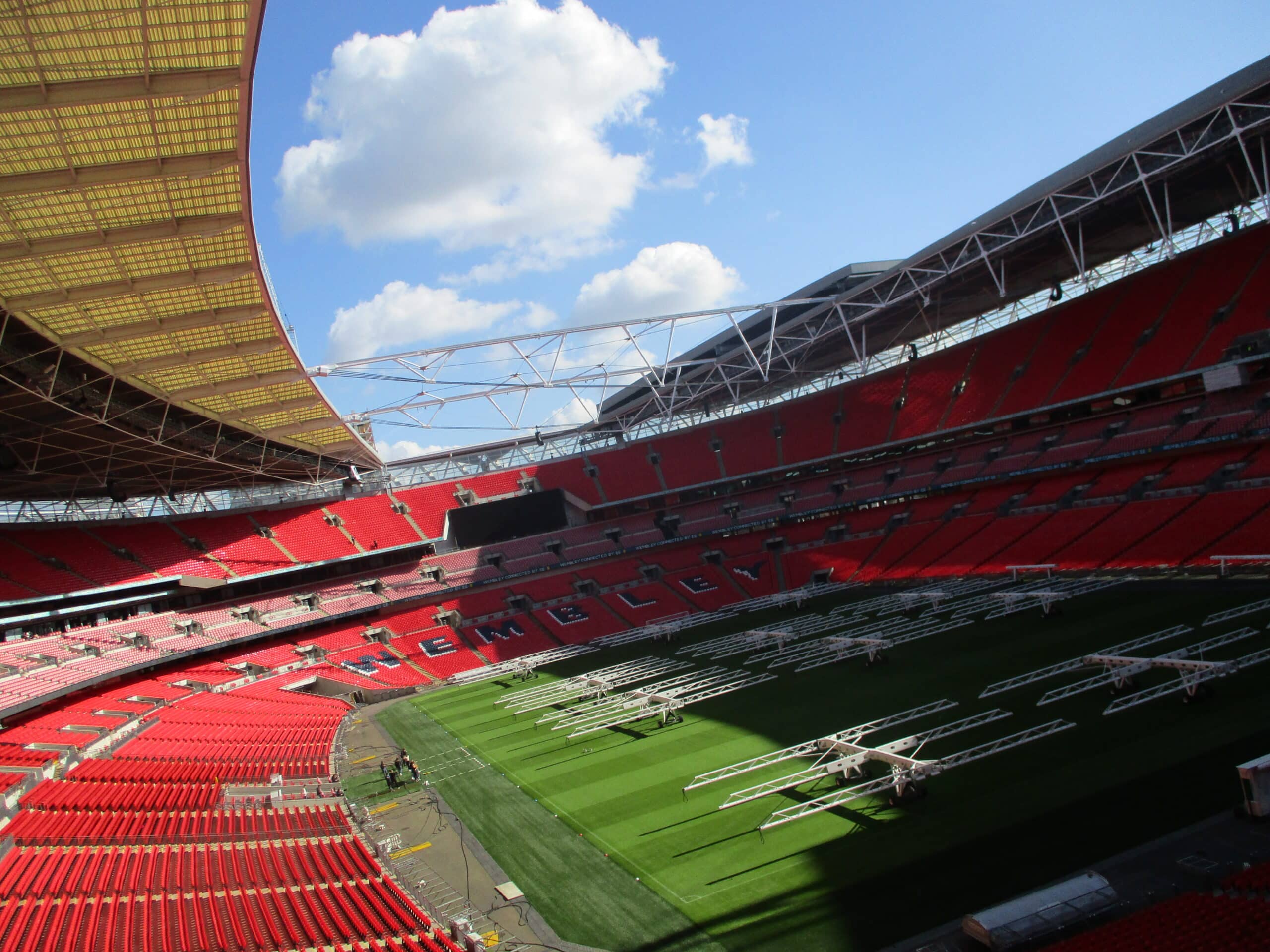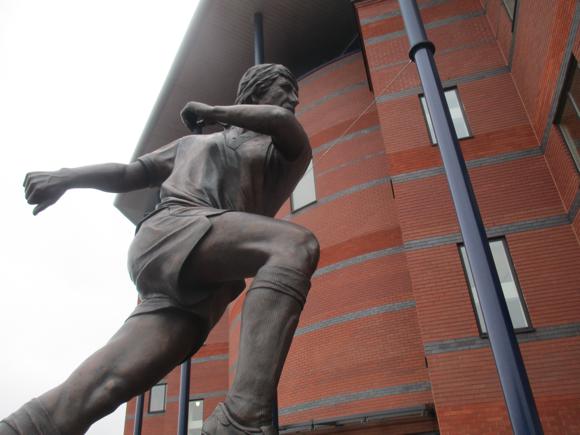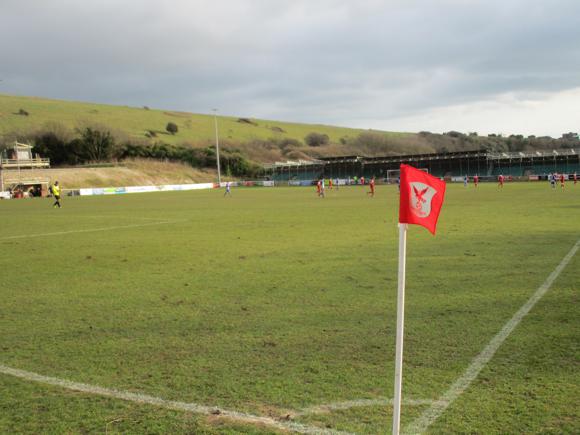A fan’s guide – the club from early doors to today
When Crewe Alexandra appointed a studious, Milan-born, former sports-shop owner as coach in 1983, no-one at the club dared envisage how Dario Gradi would become such a legend that a street in town and a chart-smashing dance act would later be named after him.
Over the course of three decades and counting, his achievements became all the more remarkable considering Crewe’s modest history up to his tenure. It all came crashing down with the fallout of a sex-abuse scandal, and the club’s slow response in dealing with it. Gradi stepped down from all football-related activities in 2019.
Gradi had transformed perennial Division Four strugglers into a prodigious production line of talent. Later internationals Danny Murphy, Neil Lennon and Dean Ashton were academy products, and Crewe also developed former Manchester United youngsters David Platt and Robbie Savage.

During Gradi’s record-breaking 24-year spell at the helm, Crewe rose to the second tier of English football, and an impressive main stand was built which still dominates once uniform Gresty Road.
The constant sale of promising players led to an eventual return to the lower divisions. At the end of 2017-18, with league survival assured, Crewe fielded an entire team of academy graduates.
Formed in 1877, the club was christened Crewe FC then renamed after Princess Alexandra, perhaps after the local recreation ground where they had been playing.
Entering the FA Cup, Crewe reached the semi-final in 1888 after wins over Derby and Middlesbrough. Preston North End, soon to be the Invincibles, then dispatched the non-league Railwaymen 4-0.
Four years later, Crewe won a place in the newly formed Football League Division Two, but were soon back in the non-league ranks where they remained until 1921.

Now based at Gresty Road, right by the train station, Crewe started up a lively rivalry with Port Vale and twice won the Welsh Cup in the 1930s, when the competition was dominated by clubs from England. Club record scorer Bert Swindells helped the Alex overcome Rhyl with a goal in the replay in 1935.
By the time Crewe drew 2-2 with Spurs then beat Chelsea in consecutive FA Cups in the early 1960s, the club had begun an near unbroken stint in the lower reaches of Division Four.
When eccentric goalkeeper Bruce Grobbelaar began his English career at Crewe, his antics, including his only ever goal, a penalty, lifted the Railwaymen from bottom 24th place in 1978-79 to 23rd in 1979-80.
Similarly, the arrival of Dario Gradi in 1983 didn’t change Crewe’s status overnight. Repaying the faith of the board by putting faith in youth, Gradi gradually helped the likes of David Platt and Geoff Thomas to becoming respected internationals.
In doing so, Gradi lifted Crewe from the Fourth to the Third Division in 1989. In six straight seasons in the 1990s, the Railwaymen either made the play-offs or gained automatic promotion. At Wembley in 1997, Danny Murphy and Dele Adebola, both Gradi graduates, combined for Crewe to overcome Brentford 1-0 and gain a second-tier slot for the first time in the 20th century.
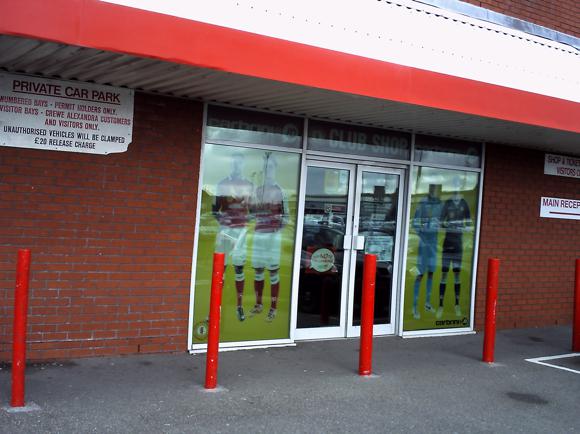
Almost more remarkably, the little Italian – a defender at semi-pro level when only 5ft 4in – kept them impecunious Crewe challenging the likes of Manchester City and Southampton for eight of the following nine seasons.
Having been showered with awards, including the MBE in 1998, Gradi bowed out from full managerial responsibilities in 2007. By the time one of Gradi’s many protégés, Steve Davis, had assumed the managerial spot in 2011-12, Crewe had slipped down to the bottom of the Football League. Davis took the club on an unbeaten run from the February, right to the play-offs and right back to League One.
Almost as impressively under Davis, when Crewe won the Football League Trophy in 2013, the regular starting XI were all products of the club’s own academy.
A winner that day, Steve’s own son Harry Davis, has been a regular at Gresty Road since that tumultuous campaign of 2011-12. In 2014, he faced his brother Joe in a clash against bitter local rivals Port Vale – with father Steve in the dug-out as Crewe manager.

Poor form saw Crewe in the relegation play-offs in 2015 then finish bottom of League One in 2016, a full 16 points from safety. Worse, far, far worse, was to follow. In late 2016, a sex-abuse scandal broke, with a specific individual who worked at the club in the 1980s accused and then convicted. Although Gradi denied any wrongdoing in the matter, he was suspended from football, his career effectively over. Crewe chairman John Bowler resigned in March 2021.
The affair continues to overshadow all activities at Crewe Alexandra. Despite this, on the pitch former Crewe defender David Artell steered the Railwaymen away from relegation to the fifth tier in 2017, then set about building a new team based on academy graduates.
A regular winner of the EFL Manager of the Month award, Artell lifted his team into an automatic promotion spot in 2019-20 before the season was brought to a halt by the pandemic. Equally vital in the Crewe revival was veteran striker Chris Porter, who continued scoring as Alexandra settled into a comfortable mid-table position in League One in 2020-21.
In a further positive sign in 2021, Gresty Road gained a local sponsor, breakfast cereal Mornflake, showing that companies were no longer reluctant to be associated with the club.



Ground Guide
The field of dreams – and the stands around it








Concrete evidence of Crewe’s transformation under Dario Gradi, the vast main stand at Gresty Road was built in 1999 at a cost of £6 million. Containing 70% of the stadium’s entire capacity of 10,000, it dominates the low, single-tiered, all-seated stands surrounding it.
Home fans have long occupied the Gresty Road end while visiting supporters are allocated the Whitby Morrison Ice Cream Van Stand, aka Popular (‘Pop’) Side facing the main stand. This is the nearest part of the ground to Crewe station.
Given average gates of around 4,000-5,000, the Railway End opposite Gresty Road is not always used.
Note that the ground is officially known as the Alexandra Stadium, which is how it is referred to on most sat-nav systems. To add to the confusion, as of 2021, it should be called the Mornflake Stadium after a sponsorship deal.
getting there
Going to the ground – tips and timings
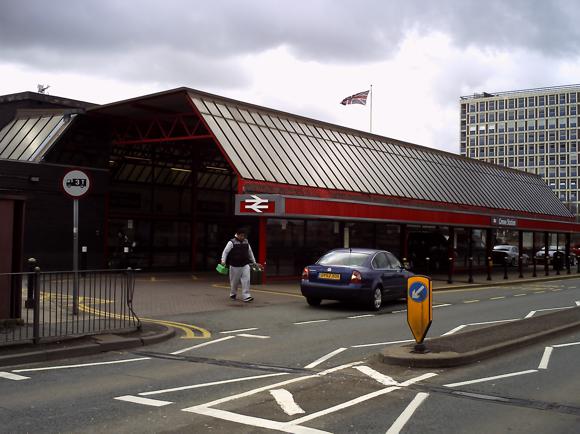

Few grounds are as close to a train station as Crewe’s – and none with as many services from so many major cities. As you leave the station turn left, then second left down Gresty Road.
If you’re coming from Crewe itself, it’s a 10min walk down Mill Street from Market/High Street or take public transport from the bus station. Arriva buses 6, 37, 38 and 84 leave reasonably regularly, either for the Crewe Arms Hotel or the Brunswick pub. The 84 runs hourly on a Sunday. D&G route 12 runs every 30mins, more infrequently on Sundays, to the Rail House on Gresty Road. First Group bus 3 runs every 20-30mins from the bus station to Mill Street by the ground.
The sat nav code for The Alexandra Stadium is CW2 6EB. The club offers match-day parking (£4) behind the Main Stand for 564 vehicles. Parking at the train station is at Pedley Street (CW2 7AA) on the stadium side and at Weston Road (CW2 7WZ), opposite B&Q. Each charges a flat £5 for a Saturday or Sunday, otherwise a hefty £12/day.
getting in
Buying tickets – when, where, how and how much

Tickets go on sale eight weeks before each home game – availability is almost never a problem. The ticket office (Mon-Fri 9am-4.30pm) is in the club shop behind the main stand, cash and card sales accepted. On match days (9am-kick off, 30mins after final whistle), it’s in front of the main stand.
Note that there are also match-day sales for away fans from a kiosk behind the Whitby Morrison Ice Cream Van Stand, no cash transactions on the turnstiles.
The club also offers online and phone sales on 01270 252610. For all enquiries, email tickets@crewealex.net.
There’s a simple pricing policy of £25 for the main and away stands, £23 elsewhere. Seniors pay £19/£17.50, under-17s £12/£10, under-11s £7.50/£6.50.
what to buy
Shirts, kits, merchandise and gifts

The Alexandra Store (Mon-Fri 9am-4.30pm, match days 9am-kick off, 30min after final whistle) is behind the main stand. Home tops for 2021-22 are not only in classic red but also feature images of oats, surely the only football shirts to do so. Change kit is black with gold trimmings, third choice white with diagonal red and black stripes.
Souvenirs include toys bearing the face of club mascot Gresty, the non-lion looking lion.
Where to Drink
Pre-match beers for fans and casual visitors


Away fans are welcome at almost all the many pubs and bars surrounding the ground – Crewe station has long been an oasis for the thirsty traveller.
Furthest away but handiest for those coming by car due to its plentiful parking spaces on match days, the Brocklebank on Weston Road is a grill restaurant that offers a £3/90min play facility for kids. It’s right by the Premier Inn, 5min from the station, on the other side of the rails from the ground.
On the stadium side, Nantwich Road and Mill Street are full of pubs. By the Waverley Hotel, on Mill Street, The Express is a busy local with beer offers, popular with the indie crowd and a noted live-music venue.



Closer to the ground on Nantwich Road, The Brunswick is a local landmark – it lends its name to the nearby bus stop. Popular with home and away fans, it offers free snacks on match days, real ales and occasionally live music. Equally revered, the British Lion, affectionately called The Pig, is a great local known for its eclectic jukebox.
Mobbed on match days, the Royal Hotel has long been a favoured football haunt, partly because of its location by the station, partly because it has several outlets to choose from, if you factor in the live-music venue Langtry’s. Its Corner Bar is the busiest in the run-up to kick-off, with Sky Sports and real ales, while No.7 is sometimes allocated to away fans – who also mingle in the Corner Bar. It’s also, of course, a hotel, with 34 comfortable rooms.
At the ground, The Railwaymen Bar & Lounge by the Whitby Morrison Ice Cream Van Stand is open to home and sensible visiting supporters from noon on match days and shows BT and Sky Sports.
